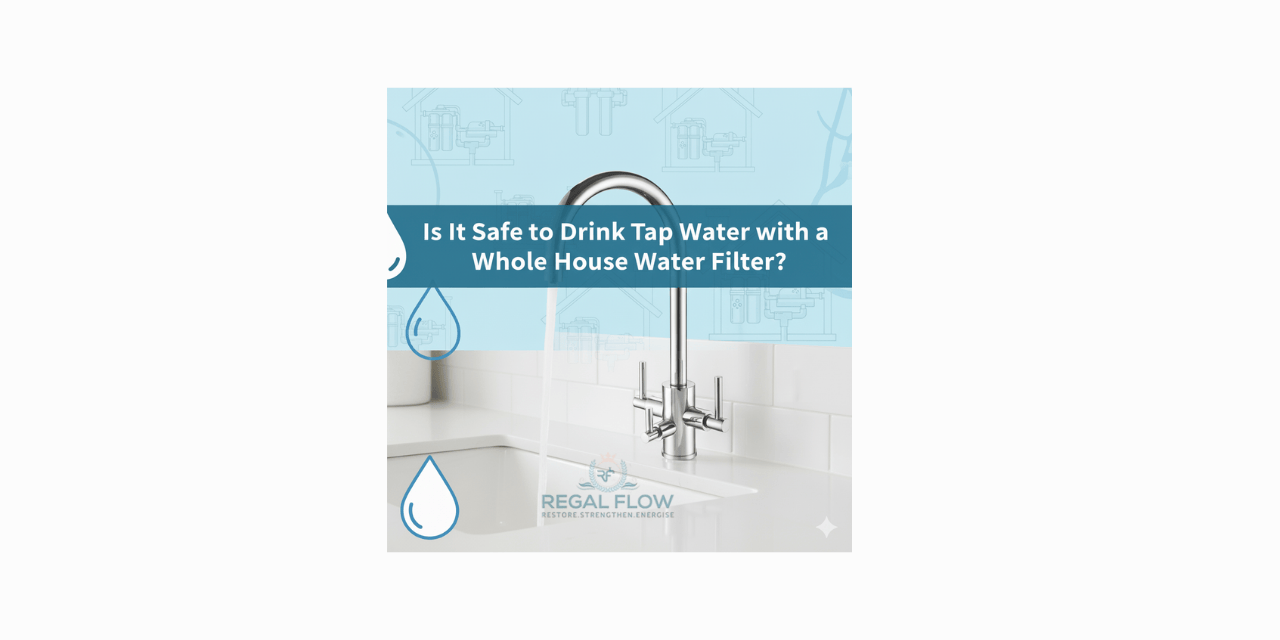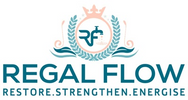
Is It Safe to Drink Tap Water with a Whole House Water Filter?
Ever wondered if Whole House Filters make your tap water truly safe to drink? Yes—but with a catch. They improve taste and remove nasties, yet some sneaky contaminants slip through. Stick around for clear Decision Making & General Information on where these filters shine, where they don’t, and how to boost protection.
Drinking Filtered Water: The Verdict
You can usually drink tap water run through a whole house filter with confidence. That said, safety isn’t a one-word answer. It hinges on three things: the type of filter, the condition of the filter, and what’s in your local supply. Think of it like a good cuppa: quality leaves, clean kettle, and decent water. Miss one step and the taste—and trust—drops.
The Benefits of Filtered Water
Removing Harmful Contaminants (Chlorine, Lead, etc.)
Most British homes notice the chlorine first. A decent whole house system knocks it back, along with sediment, rust, and many pesticides. Choose the right cartridge and you can also reduce heavy metals like lead or mercury. That’s not just peace of mind for your glass. It’s protection for your pipes, boiler, and washing machine.
Improving Taste and Odour
No one fancies water that whiffs of a swimming pool. Activated carbon media strip out the pong and the aftertaste, so tea doesn’t argue with your taste buds. Your morning brew tastes cleaner. Ice cubes stop smelling “chemical”. Even simple squash tastes a touch more like, well, squash.
The Role of the Filter Type
How Different Filters Provide Different Levels of Protection
Not all Whole House Filters play the same position. Carbon blocks excel at chlorine, taste, and odour. Sediment pre-filters catch grit before it clogs everything else. But microbes, nitrates, and some dissolved contaminants can slip by. That’s where smart pairings step in.
If you want belt-and-braces drinking water, add an under-sink reverse osmosis tap. Live a little off-grid or worry about boil-water notices? Consider a UV purifier to tackle bacteria and viruses at the point of entry. Hard water in the South East? Pair a softener to tackle limescale so your filter and boiler both last longer.
The Critical Importance of Maintenance
Why an Old, Clogged Filter Can Be a Health Risk
A filter isn’t a forever thing. Left too long, it turns into a soggy scrapbook of everything it trapped. Flow slows, performance dips, and bacteria can find cosy corners to grow. It’s like never emptying the hoover bag—eventually, it just pushes dust around. Fresh cartridges keep the promise you paid for.
Following Manufacturer's Replacement Schedules
Check the manual, then set reminders. Light-use flats on soft Scottish water might stretch to annual changes. Busy households on harder water may need new cartridges every 3–6 months. Watch your pressure gauges and taste; they’re honest tattletales. Keep spares in the cupboard so replacements are a five-minute job, not a five-week delay.
Key Takeaways
Whole house systems make water pleasanter and often safer, but they’re not magic wands. Choose the right filter, pair it wisely, and maintain it on schedule. Do that and you’ll enjoy crisp, reliable drinking water from the tap—no fuss, no bottled faff. Skip it, and you’re gambling with flavour and safety. Your kettle, skin, and tea will thank you.
Real-Life Example: The Two-Home Test
In one semi in Kent, a carbon whole house filter cleared the pool smell but limescale still ruled the shower screen. Adding a softener stopped the chalky film and kept the kettle clean. In a Manchester terrace, the family added a UV unit after a mains disturbance. Result: fewer filter changes and calmer parents. Different water, different fixes—same principle.
Conclusion
Whole House Filters are a brilliant step towards cleaner, safer, and better-tasting tap water—but they’re not the whole story. By understanding what your filter does (and doesn’t) remove, keeping up with maintenance, and pairing it with extras like a water softener, reverse osmosis system, or UV purifier when needed, you can cover every base. The key is tailoring your setup to your local water quality and your household’s needs. With the right combination, you’ll enjoy reliable protection, improved flavour, and peace of mind every time you turn on the tap.
💧 Not sure which filter is right for your home? Our experts are here to help. Call 0121 630 1130 or email info@regalflow.co.uk for tailored guidance.
More Whole House Filter advice worth reading
How Much Should It Cost to Install a Whole House Water Filtration System?
What Are the Disadvantages of a Whole House Water Filter?
What Size Whole-House Water Filter Do I Need?
Do Whole House Water Filters Slow Down Water Flow?
How Does Water Flow Through a Whole House Water Filter?
How Do I Know If I Need a Whole House Water Filter?
What Are the Problems with Whole House Water Filtration Systems?


Leave a comment